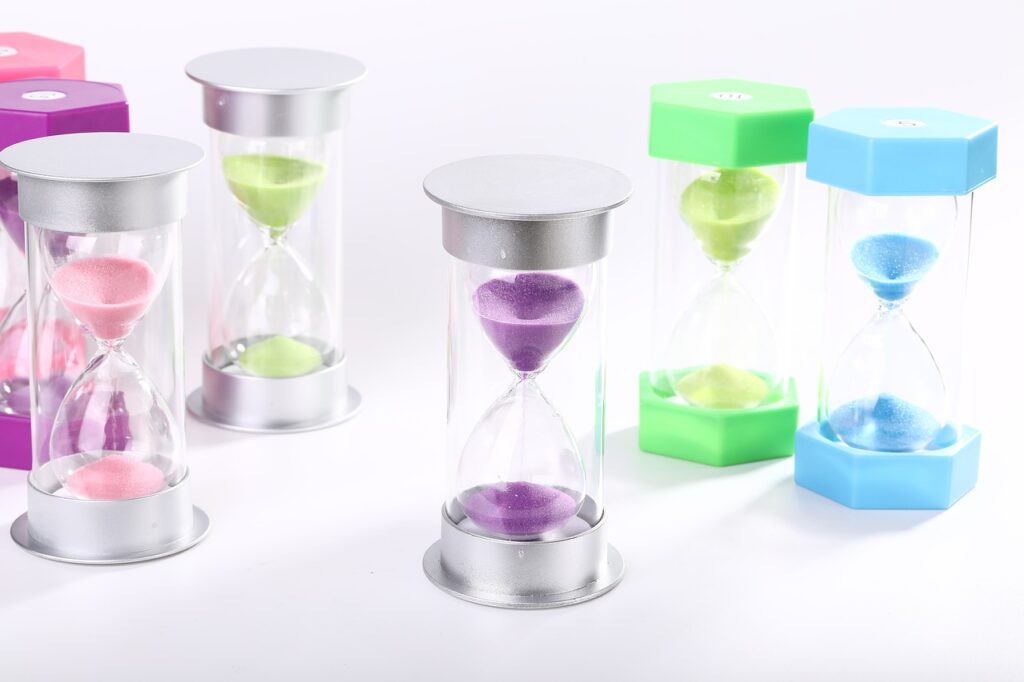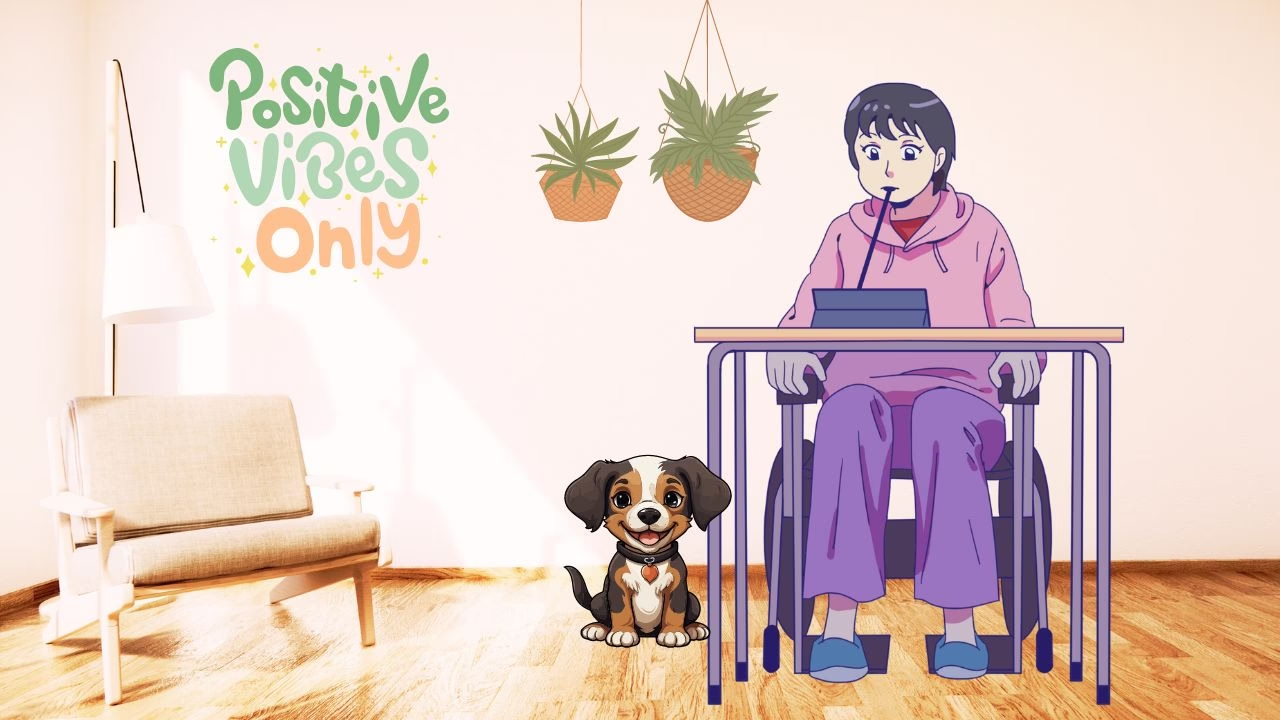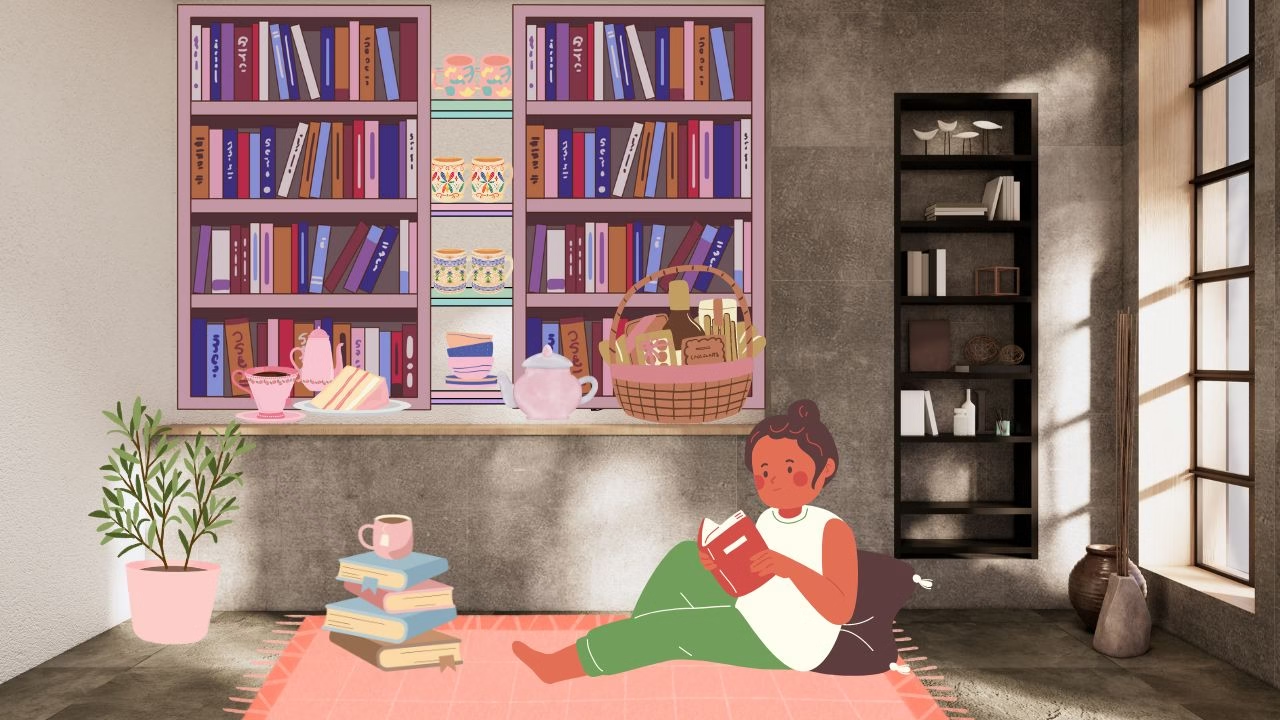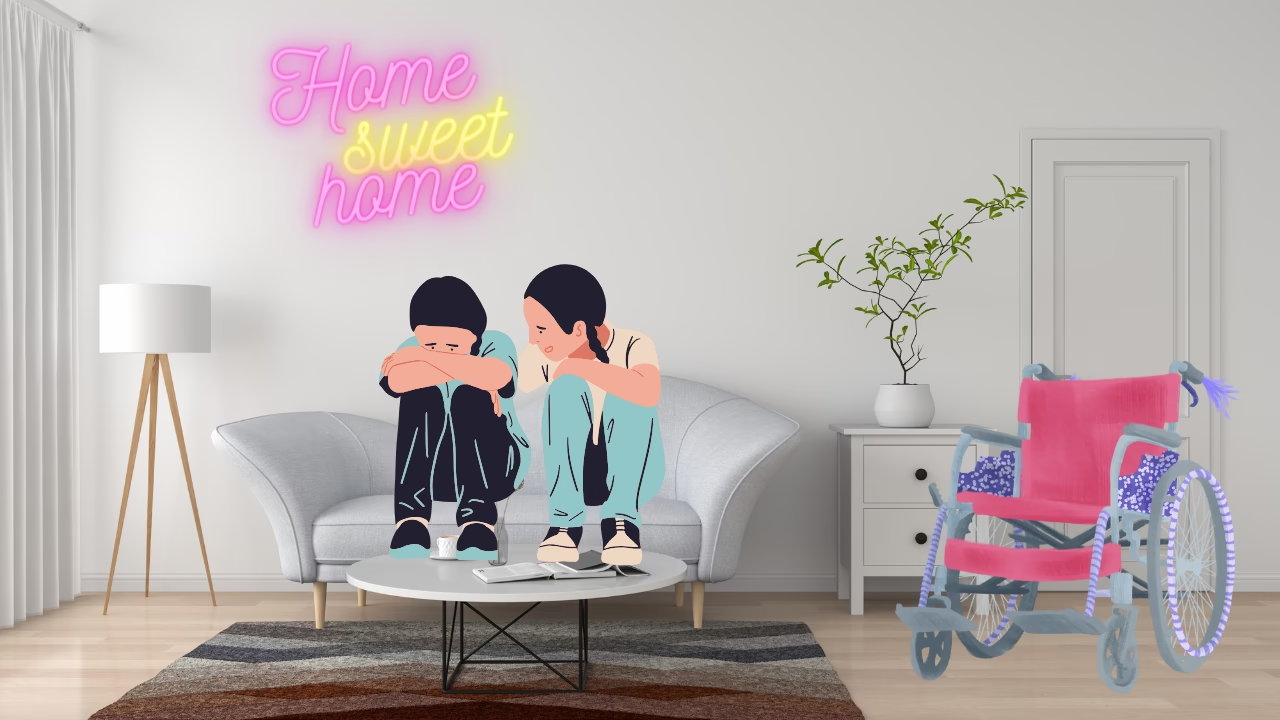Hey, friend! If you’re reading this, you’re presumably confined to your house owing to a physical disability, long-term sickness, or a psychiatric issue. While challenging, that doesn’t mean you are incapable of being productive. Becoming proactive can enhance your mental and emotional health. In this post, we’ll explore practical strategies to max your productivity while housebound. Whether working or studying from home, these techniques help you accomplish more while feeling better about yourself.
Understanding Your Productivity
First things first, let’s talk about productivity. What exactly is it? Productivity measures how much you can accomplish in a certain amount of time.
There are a lot of factors that can affect your productivity, from your physical environment to your mental state. Understanding these factors can empower you to set more realistic goals and not feel like you’re failing every day. For instance, if you put several things on your task list for today but only hit one or two, try timing yourself doing tasks you might repeat. This can help you set more realistic goals and feel more in control of your productivity. You can use a stopwatch to time yourself or an app like www.GetHarvest.com.


Find a project management tool that you feel comfortable with
Using a project management tool that suits your needs can be a game changer. I found Asana to be a great fit. Its less text-heavy interface and subtask feature kept my screen less cluttered. However, some people prefer physical Post-it notes or whiteboards. The key is to find a project management tool that works best for you and your condition. I won’t go into detail about specific tools in this blog post, but I encourage you to explore and find one that suits you.
Creating a Productive Work Environment
One key to being productive is creating a comfortable and supportive work environment. Having a space conducive to work or study is essential when you spend much time at home. That might mean investing in a comfortable chair or desk or ensuring all the necessary tools are within easy reach. It should also be separate from a space you typically relax in so that your brain has a cue that it’s time to work. Creating a supportive work environment can make you feel more understood and catered to, enhancing your productivity.
Other factors that can make a work environment productive include good lighting, a comfortable temperature, and a lack of distractions. Sometimes, though, my cat is a welcome interlude if I’ve been hyperfocused for a few hours and forgotten to eat! I also have an exercise bike in my studio to do some gentle pedalling while creatively thinking. By taking time to set up your workspace, you’ll be able to focus more efficiently and get more done.

Maintaining Focus and Avoiding Distractions
Distractions can be a significant challenge for housebound individuals trying to be productive. Whether it’s the TV, social media, or the sounds of other people in the house, many things can distract your attention from your work or studies. This can be especially true if you have problems with your executive brain function, like me.
To maintain focus, use fidget toys to occupy your hands or wear noise-cancelling headphones to block out distractions. I keep a doodle pad across my desk to scribble down intrusive ideas and thoughts that are taking me away from the task. You can also try setting boundaries with others in your household to minimize interruptions. However, pets are a little more challenging.
Managing Energy Levels
Boost Your Energy Between Tasks
Other strategies for boosting your energy levels include light stretching exercises between tasks, taking a short nap, or listening to music that helps you feel energized. You can also keep healthy snacks on your desk, like fruit, protein bars, or nuts.




Prioritizing Tasks
Overcoming Barriers to Productivity
Understanding the challenges faced by housebound individuals
As a housebound individual, you may encounter various challenges that make productivity difficult. It’s important to acknowledge and understand these challenges to address them effectively.
Identifying potential barriers to productivity
Strategies for Overcoming these barriers
It’s important to understand that productivity struggles for housebound individuals are not the same as procrastination. Chronic illness and disability can impact productivity by causing physical and mental barriers, which can make it challenging to complete tasks despite the best intentions. Even though I want to get something done and I’m motivated to do it, it might take weeks or months to complete. It isn’t laziness; it’s a disability.
Alison Langtry
Managing Stress and Self-Care
Understanding stress
Stress is a common experience for housebound individuals due to their challenges and limitations. Stress can cause physical and mental health issues, further impacting productivity. See this post on stress management for more information.
Strategies to manage stress
Some strategies to manage stress include:
Importance of self-care
Self-care is crucial for maintaining physical and mental health, leading to increased productivity.
tIPS FOR sELF-cARE
Some self-care tips include:
- Eating a balanced and nutritious diet
- Getting enough sleep and rest
- Engaging in enjoyable activities
- Prioritizing self-care activities in your schedule
- Celebrating your achievements, no matter how small, with a fun activity or a small self-gift
cONCLUSION
Recap of strategies for maximizing productivity
To maximize your productivity as a housebound individual, it’s essential to:
- Understand what productivity means and how it can be affected by various factors
- Create a productive work environment
- Manage time effectively
- Maintain focus and avoid distractions
- Manage energy levels
- Prioritize tasks, ensuring an early win before big harmful tasks
- Overcome barriers to productivity
- Manage stress and practice self-care
Final thoughts on productivity for housebound individuals
By implementing these strategies and taking care of your physical and mental health, you can increase your productivity and achieve your goals as a housebound individual, albeit more slowly than an able-bodied, neurotypical person. Remember to be kind to yourself and celebrate your accomplishments, no matter how small they may seem.






